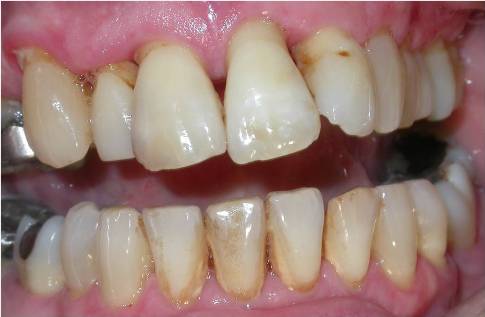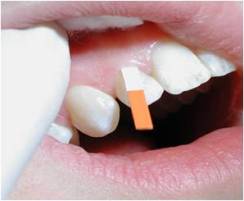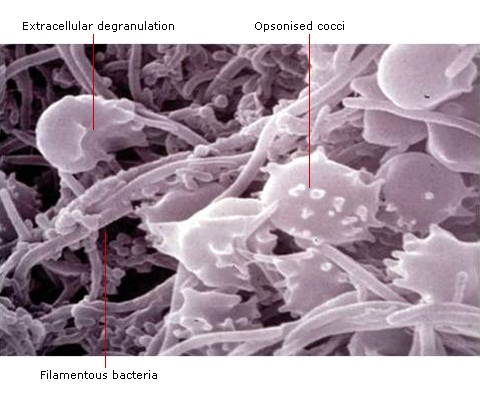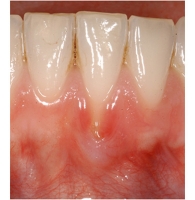Host Response and Susceptibility course for Dental Practice


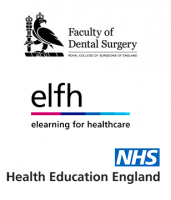
This session will provide an overview and background to the main host response factors involved in inflammatory periodontal disease, and how this may be modified in susceptible individuals. In addition, it will illustrate the role of immune system cells and periodontal tissues in healthy and in diseased states and their interaction with periodontal bacteria.
Learning Objectives
By the end of this session you will be able to:
- Describe the factors which contribute to a susceptible host response
- Explain the host’s innate immune response to the plaque biofilm
- Describe the immunopathology of the host response in periodontitis
- Explain the contribution of genes to host susceptibility
The host response to microbial plaque is designed to be protective, but the balance is a delicate one, where under-activity, or indeed over-activity, of specific aspects of the response can lead to tissue destruction.
Before commencing this session you should have a basic understanding of:
- Bacterial microflora associated with periodontitis
- Oral anatomy and histology
- Immune responses and mechanisms which occur in response to infection
- DNA and genomics
Paul is currently Senior Lecturer in Molecular Biology and Head of the Oral Biology teaching module. He obtained his undergraduate degree in Genetics from Leeds University and his PhD in Cancer Genetics from the University of Birmingham in 1995. He subsequently went on to do post-doctoral research in the US (Roswell Park Cancer Institute, Buffalo) and then in the UK for Novartis. He joined the School of Dentistry, in 2000 where he extended his research into the inflammatory/immune aspects of oral and dental disease and the biomaterials areas. He has particular interest in the molecular immunological aspects of periodontitis pathogenesis. He has served on the British Society for Dental Research (BSDR) committees of the Oral Microbiology and Immunology Group (OMIG), Association of Basic Science Teachers in Dentistry (ABSTD) and Mineralized Tissue Group (MINTIG). He has over 50 full publications in refereed scientific journals and has attracted significant research council, charity and industrial monies to fund his research.
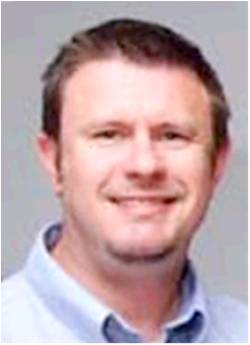

Martin is currently Clinical Lecturer in Restorative Dentistry (Periodontology) at the University of Birmingham School of Dentistry. He graduated BDS from the University of Birmingham School of Dentistry in 2004, followed by completion of Vocational Training within the West Midlands Deanery. He then worked as Associate Dental Surgeon in NHS General Dental Practice whilst completing his Membership of the Faculty of General Dental Practice (UK) of the Royal College of Surgeons of England. He completed hospital rotations as Senior House Officer in Prosthetics followed by Paediatric Dentistry and Periodontology and Oral Medicine at the Birmingham Dental Hospital whilst completing his Membership of the Faculty of Dental Surgery of the Royal College of Surgeons of England. He then joined the Department of Periodontology at the University of Birmingham School of Dentistry in 2008 and is actively involved in research into the neutrophil response in periodontal disease leading towards his PhD prior to specialist clinical training.

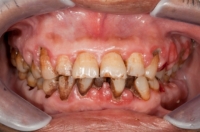
- Oral Health | Clinical and Risk Asessment | What s...
- Posted By eIntegrity Healthcare e-Learning
- Posted Date: 2025-01-03
- Location:Online
- This session examines the essential details that should be recorded in a patient's clinical notes for common dental procedures. Good practice guidelines surrounding the retention of patient records are also discussed together with the importance of confi
- Oral Health | Clinical and Risk Asessment | What i...
- Posted By eIntegrity Healthcare e-Learning
- Posted Date: 2025-01-03
- Location:Online
- This session outlines the background to the development of health promotion, and the key principles and strategies underpinning health and oral health promotion.
- Oral Health | Clinical and Risk Asessment | What a...
- Posted By eIntegrity Healthcare e-Learning
- Posted Date: 2025-01-03
- Location:Online
- The clinical record is not restricted to what is written in the clinical notes. This session looks at what also constitutes clinical records and how these can be kept safely for the required period of time. The benefits and drawbacks of computerised syste
- Oral Health | Clinical and Risk Asessment | What a...
- Posted By eIntegrity Healthcare e-Learning
- Posted Date: 2025-01-03
- Location:Online
- This session outlines the basic skills required to deliver effective diagnoses. It will form an introduction to the further learning delivered within this programme that will complement these skills.
- Oral Health | Clinical and Risk Asessment | Use of...
- Posted By eIntegrity Healthcare e-Learning
- Posted Date: 2025-01-03
- Location:Online
- This session describes current thinking on effective delivery of fluoride to the mouth, why fluoride toothpastes have been so successful in reducing caries, enamel solubility and how fluoride can both help to prevent it and reverse the early stages of dis
